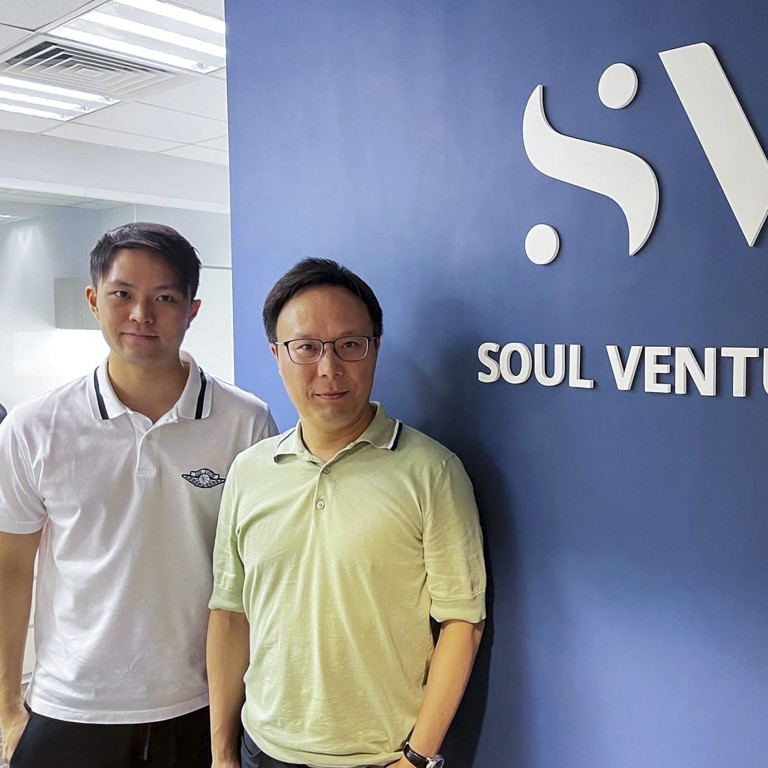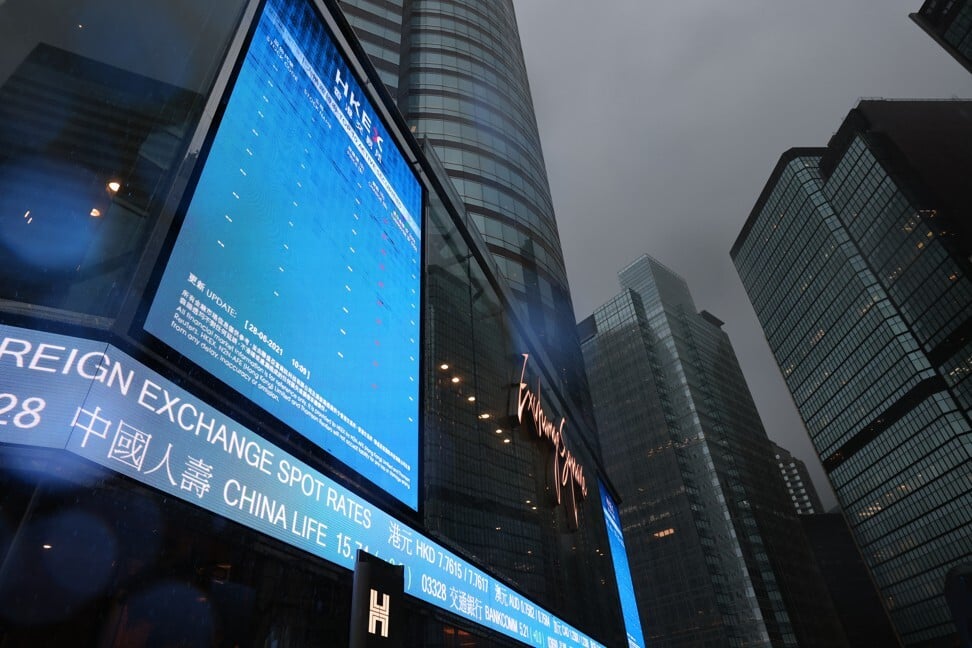
SPACs face ‘crowded’ market for deals after blistering fundraising push this year, Hong Kong investment firm says
- Soul Ventures using more ‘late-stage, venture capital’ approach with its new SPAC
- Investment firm seeking to list its blank-cheque company on Nasdaq later this year
Special purpose acquisition companies (SPACs) are facing a congested market for potential merger targets – particularly those seeking technology unicorns – after an eye-popping amount of fundraising in the first half of this year, according to the Hong Kong-based founder of investment firm Soul Ventures.
Billy So, a co-founder of Soul Ventures, said he was trying to take a more “late-stage, venture capital” approach with a recently created blank-cheque company, by focusing on smaller firms in the US that have the potential to be future unicorns and need help to expand in Asia.
“If the target company is close to US$1 billion or more than US$1 billion, it is really crowded. Why would a unicorn company need to [be in a SPAC merger] with you? Why would they not IPO themselves?,” he said.

03:34
SPACs: Everything you need to know about the finance world’s new big thing
However, fundraising has slowed in recent months after a blistering start to the year, as fatigue sets in among some institutional investors and US regulators raise questions about the accounting for stock warrants common to the deals.
Fundraising for SPAC listings improved in June, but it remains a totally different market from 2020 and early 2021, So said.
“Last year, everything was oversubscribed. It was done in a day. It is tougher right now. We can see it is still doable,” he said. “Unlike April and May, when we were questioning when would the fundraising market resume.”
Given the massive amount of capital raised this year, another challenge for sponsors is private investment in public equity (PIPE) financing, a key component for acquisitions by most SPACs, So said.
“I think the PIPE investors will be more fundamental now, determine the price together,” he said. “They sometimes ask for sponsor shares or more upside for themselves. Right now, the PIPE market is the toughest part. We have to pick the right company. We have to pick a really good target.”

According to its prospectus, Inception Growth will seek US or Asia-based acquisition targets between US$500 million and US$1 billion in the technology, media and telecommunications (TMT), sports and entertainment, and non-gambling gaming sectors.
The SPAC’s management team includes CEO Paige Craig, a venture capitalist whose track record includes more than 110 start-ups and investments in Twitter, Lyft and Postmates; and chief financial officer Felix Wong, who served in the same position at Tottenham Acquisition I, a SPAC that merged with Clene Nanomedicine in December.
Inception will primarily focus on US growth companies, most likely in sectors such as TMT and software as a service (SaaS), according to So.
“For us, [the perfect target is] under US$1 billion, has really good top-line growth, has good fundamentals in terms of the technology, the management team. Hidden gems is what we try to target,” said Warren Hui, a Soul Ventures partner in Hong Kong. “It has all of the features of what could be an amazing unicorn company in six to 18 months from now. These are probably the perfect SPAC targets. For these, we won’t be competing with 10 other SPACs in courting that target.”

Hong Kong and Singapore are traditionally more conservative than the US and have less familiarity with the SPAC structure, so it may take longer for regulators to become comfortable with SPAC listings in the region, So said.
“In Singapore and Hong Kong, it is something new,” So said. “I guess it will take some time for them to figure out what is the right balance.”

